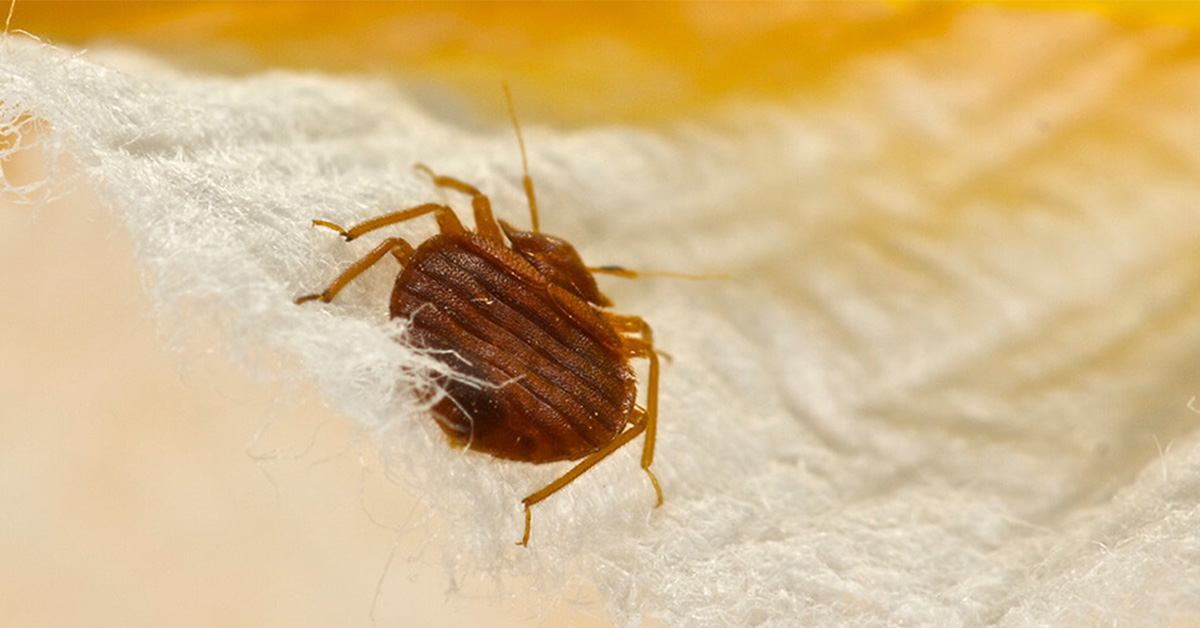Trusted Kings Bug Control Cincinnati OH: Professional Services
A Malfunction of the Different Sorts Of Insect Control Solutions
In the world of bug control, a wide range of methods exist to attend to and fight the visibility of undesirable creatures. As we browse with the varied landscape of insect control remedies, comprehending the intricacies of each technique becomes vital in determining the most efficient course of action.
Chemical Pesticides
Chemical chemicals are typically utilized in pest control to successfully remove a variety of insects and other parasites. These pesticides work by targeting the nerves of the pests, disrupting their typical features, and ultimately causing their death. The use of chemical pesticides has been a staple in the bug control sector for decades because of their performance and fast outcomes.

Nevertheless, it is necessary to use chemical pesticides with care because of their potential unsafe impacts on the environment and non-target varieties. Incorrect application or overuse of these pesticides can cause contamination, injury to helpful insects, and resistance growth in insect populations. It is essential to adhere to safety standards and regulations when utilizing chemical pesticides for pest control.
Biological Control Techniques
Considering the prospective ecological impacts and risks related to chemical pesticides, organic control approaches supply a more sustainable method to handling parasite populaces. Organic control involves making use of natural opponents, such as predators, microorganisms, and parasites, to subdue parasite populaces. This technique is often more targeted, affecting only the specific pest species while minimizing harm to advantageous insects, humans, and the environment.

One benefit of organic control is its long-lasting performance. Once developed, all-natural opponents can aid control pest populations continually without the need for duplicated applications of chemicals. Additionally, organic control is often a lot more cost-efficient and can assist minimize chemical resistance in insect populaces with time. In general, biological control approaches offer a sustainable and ecologically pleasant option to pest monitoring.

Mechanical Parasite Control
Mechanical pest control entails the physical adjustment or removal of insects to manage their populations effectively. This approach is usually utilized in conjunction with other parasite control approaches for detailed insect management. One usual example of mechanical pest control is making use of catches to capture insects or rats. These traps can be established in critical places where pests are recognized to dwell, assisting to reduce their numbers.
An additional mechanical method is making use of barriers such as internet, displays, or fences to obstruct bugs from entering specific locations. By literally avoiding parasites from accessing a location, the possibility of infestations or damage can be dramatically lowered. Furthermore, hand-operated approaches like handpicking bugs off plants or frameworks can be efficient for smaller-scale invasions.
While mechanical parasite control approaches can be labor-intensive, they offer a non-chemical choice that can be environmentally friendly and lasting. By targeting parasites directly, mechanical control strategies can help keep pest populations in check without counting on chemicals.
Natural Solutions
Using natural remedies for parasite control supplies a green and sustainable approach to taking care of bug populaces without turning to chemical interventions. All-natural treatments entail using substances originated from plants, minerals, click here now or various other normally happening resources to deter or eliminate bugs. For instance, growing certain herbs like basil, mint, or lavender around your property can push back pests because of their strong aromas. Diatomaceous earth, a powder made from fossilized algae, can be used to fight bugs like ants, roaches, and bed bugs by dehydrating their exoskeletons.
In addition, important oils such as tea tree oil or neem oil have insecticidal properties that can effectively regulate insects while being safe for the setting. Another natural treatment is introducing useful pests like ladybugs or hoping mantises to your yard to prey on damaging insects. By incorporating these natural remedies right into bug monitoring approaches, people can decrease their dependence on artificial chemicals and promote a healthier, much more balanced environment.
Integrated Parasite Administration
Integrated Bug Management (IPM) is a comprehensive technique that combines various strategies to efficiently regulate pest populations while decreasing threats to human wellness and the environment. IPM involves the assimilation of multiple bug control methods such as organic control, environment manipulation, modification of cultural methods, and the use of immune plant varieties. By using a combination of these methods, IPM intends to lower dependence on chemical pesticides, which can have unfavorable influence on ecosystems and human wellness.
One secret facet of IPM is the focus on house pest control prevention. By applying measures to stop bug problems prior to they happen, such as maintaining correct hygiene and securing entry factors, the need for reactive bug control measures is reduced. Monitoring and normal examinations play a critical role in IPM, permitting early discovery of pest issues and punctual intervention.
Conclusion
To conclude, the numerous kinds of pest control solutions use an array of choices for efficiently taking care of insect infestations. Chemical chemicals offer quick elimination but may have ecological threats. Biological control approaches use all-natural predators to regulate pests. Mechanical insect control involves physical obstacles or catches. Natural treatments offer non-toxic choices. read the article Integrated Pest Management combines multiple techniques for a holistic technique to pest control. Each technique has its own advantages and disadvantages, and choosing one of the most appropriate remedy depends upon the specific pest problem handy.
Chemical chemicals are frequently utilized in pest control to efficiently get rid of a wide array of pests and various other pests.Mechanical pest control includes the physical manipulation or removal of bugs to manage their populations successfully (Kings cincinnati pest control).Utilizing natural solutions for pest control provides a eco-friendly and lasting approach to taking care of parasite populations without resorting to chemical interventions.Integrated Insect Management (IPM) is a thorough strategy that incorporates numerous techniques to properly manage pest populaces while minimizing risks to human wellness and the atmosphere.In verdict, the various kinds of parasite control remedies provide a variety of choices for effectively handling insect problems